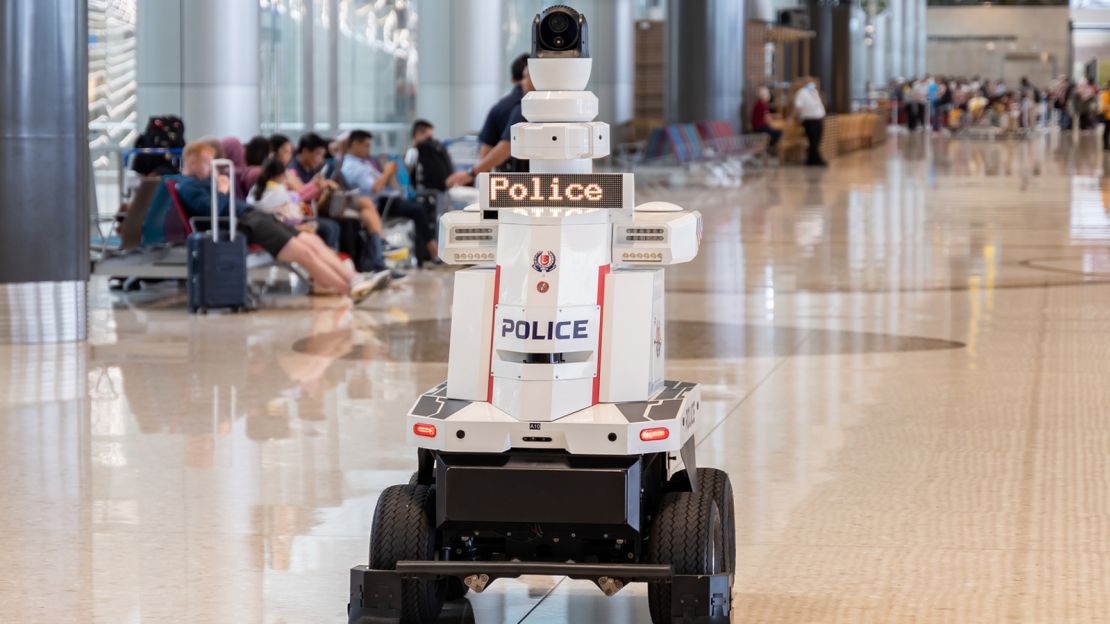When Elon Musk speaks, the world listens—especially when the Tesla CEO and father of 12 makes bold claims about the future of humanity.
Recently, Musk turned his attention to Singapore, warning that the country is “going extinct” due to alarmingly low fertility rates. His comment, made in response to social media personality Mario Nawfal’s post about Singapore’s “baby crisis,” has sparked widespread discussion about the nation’s demographic challenges.
But what does this mean for you as a parent in Singapore? Let’s dive into the numbers, explore the implications, and consider whether Musk’s concerns are justified—and if robots, as Nawfal suggested, could play a role in solving the crisis.
Why Singapore’s Fertility Rate is Alarming

Source: iStock
Singapore’s total fertility rate (TFR) has been on a steady decline for decades, hitting an all-time low of 0.97 in 2023. To put that into perspective, a TFR of 2.1 is needed to maintain a stable population. With fewer than one child born per woman on average, Singapore’s population is shrinking rapidly.
The reasons behind this decline are multifaceted. For one, societal trends have shifted significantly. More women in their prime childbearing years are choosing to remain single or delay marriage, prioritizing careers and personal development. The latest government data shows that women aged 25-34 are leading this trend. Additionally, there’s been a notable drop in the marital fertility rate among women in their 20s, contributing to 32% of the overall decline.
As a parent, you may wonder why this matters if you’ve already started or completed your family. The truth is, a declining birth rate has ripple effects that impact everyone, from economic stability to social structures.
The Aging Workforce and Its Impact on Families
The challenges posed by a declining fertility rate aren’t limited to population numbers. Singapore’s labour force is also feeling the pinch. For the third consecutive year, the participation rate has declined, with only 68.2% of residents aged 15 and above in the workforce as of 2024. This drop is largely attributed to an ageing population, with a growing proportion of seniors exiting the labour market.
What does this mean for your family?
As the workforce ages and shrinks, the pressure to support an older population increases. Taxes may rise, social services could become strained, and the burden on younger generations to care for ageing relatives will grow. If you’re raising kids now, these are challenges they may face as adults.
Elon Musk’s Perspective on Extinction
Musk’s stark warning that Singapore and other countries are headed for “extinction” isn’t just hyperbole. Low fertility rates, combined with increased life expectancies, create a demographic time bomb. Countries like Japan and South Korea are already grappling with similar issues, and Singapore isn’t far behind.
While Musk’s personal choices—fathering 12 children with three different mothers—may not be the solution for everyone, his point raises an important question: How can Singapore encourage more people to have children? And is the answer as simple as financial incentives, or does it require a cultural shift?
Are Robots the Answer?

Source: CNN
Nawfal’s suggestion that robots could help mitigate the effects of a declining birth rate might sound like science fiction, but it’s worth considering. Automation and artificial intelligence are already transforming industries worldwide. Could they also alleviate some of the pressures caused by an ageing population and shrinking workforce?
Imagine robots taking over tasks like elder care, reducing the burden on younger generations. Or consider AI-driven tools that make parenting more manageable, from virtual tutors to automated household helpers. While these technologies won’t replace the need for human connection, they could offer support in a world where human resources are dwindling.
So, will robots save Singapore’s ageing population, or are we in for a future where machines do all the heavy lifting while the rest of us try to figure out how to afford living in a robot-run economy? Only time will tell.
What Can Be Done to Address the Baby Crisis?
Singapore’s government has already implemented various measures to tackle the declining birth rate, including financial incentives, extended parental leave, and even relaxed rules on egg freezing.
But are these efforts enough?
As a parent, you might have ideas about what would make raising a family more appealing in Singapore. Affordable childcare, flexible work arrangements, and better support for working parents are just a few possibilities. Ultimately, it’s about creating an environment where starting and growing a family feels less like a financial and emotional burden.
Elon Musk’s warning serves as a wake-up call for all of us—especially parents living in Singapore. The future of our society depends on our collective actions today. By understanding the implications of population decline and engaging proactively with our communities and families, we can create a brighter future for our children.Take this opportunity to reflect on your role as a parent:
- How can you foster an environment that encourages family growth?
- What steps can you take within your community to support families?
- How will you prepare your children for the challenges they will face?
The answers lie within each of us as we navigate this complex landscape together.
What’s Next for Singaporean Families?

Source: Pexels
The debate sparked by Elon Musk’s comments isn’t just about numbers—it’s about the future of families in Singapore. While the challenges are significant, they’re not insurmountable. With the right policies, cultural shifts, and perhaps a little help from technology, Singapore can turn the tide.
So, what can you do? Start by having conversations with your kids about the value of family and community. Advocate for policies that support parents and children. And remember, every small step counts toward building a brighter future for the next generation.
Take Action
The baby crisis isn’t just a statistic—it’s a reality that affects all of us.
As a parent, you have the power to shape the conversation and drive change. Talk to your friends, share your thoughts with policymakers, and explore how technology could make family life easier. Together, we can ensure that Singapore remains a thriving, vibrant place for generations to come.
ALSO READ
Countries with the Lowest Fertility Rates in 2024
How To Increase Fertility For Millennials: All You Need To Know
Trying to Conceive? Check Out These 10 Fertility Clinics in Singapore